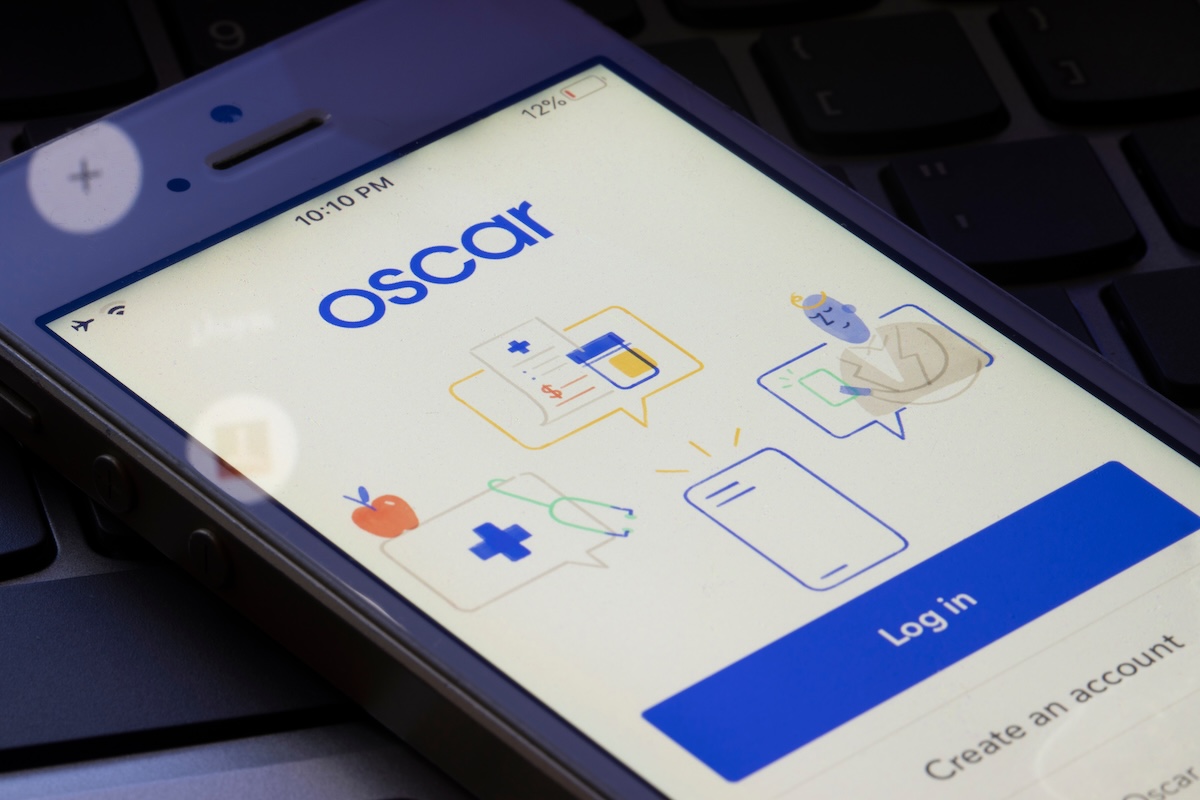
Oscar Health (OSCR) grabbed Wall Street’s attention this week with a blowout earnings report. But the bigger story may be how quietly it’s become one of the most bullish healthcare bets.
The health insurer posted first-quarter profit of $275.3 million on $3.05 billion in revenue, blowing all estimates. Revenue rose 42% year-over-year, while profit jumped 55%.
Membership growth was just as striking. Enrollments climbed 41% from a year ago to 2.04 million members on the back of “solid retention and new membership growth.”
Oscar has nearly doubled its member base in the past six quarters.
This turnaround traces back to CEO Mark Bertolini, who took the reins two years ago. Since then, the company has leaned into Obamacare and tech-driven cost discipline to turn a profit.
Analyst Mitchell Martan praised Oscar’s pristine balance sheet — $4.9 billion in cash and investments, zero debt — as a sign of smart growth. “They’re not over-leveraged at all while growing rapidly,” Martan said. “That’s impressive for a growth company.”
Following the earnings beat, Oscar reaffirmed its 2025 outlook: 23% revenue growth and “meaningful margin expansion.”
AI justifies OSCR stretched valuation
After the earnings beat, Oscar stock surged more than 31% after the report, hitting a three-month high and closing at $17.
While Oscar’s price-to-earnings ratio looks stretched, especially after the recent run-up, the company’s aggressive growth trajectory has justified it so far.
Before the earnings release, analyst RonnieV had already flagged OSCR as “the most undervalued stock I’ve seen in years,” citing its potential to shake up the industry with more affordable, tech-enabled insurance.
Oscar’s rapid adoption of artificial intelligence (AI) may be key to that disruption. CEO Bertolini said the company deployed 11 AI use cases in 2024, with plans to nearly double that this year.
Among them are plans to use large language models, including tools from OpenAI, to monitor patient follow-up care and improve outcomes.
Oscar was also the first U.S. health insurer to sign a business associate agreement with OpenAI, the company said. This agreement allows Oscar to “quickly get up and running while ensuring HIPAA compliance. "
The bet is that AI will help Oscar cut costs, improve care, and keep its growth story alive — even at a time when most of the industry is stuck playing defense.
Your email address will not be published. Required fields are markedmarked